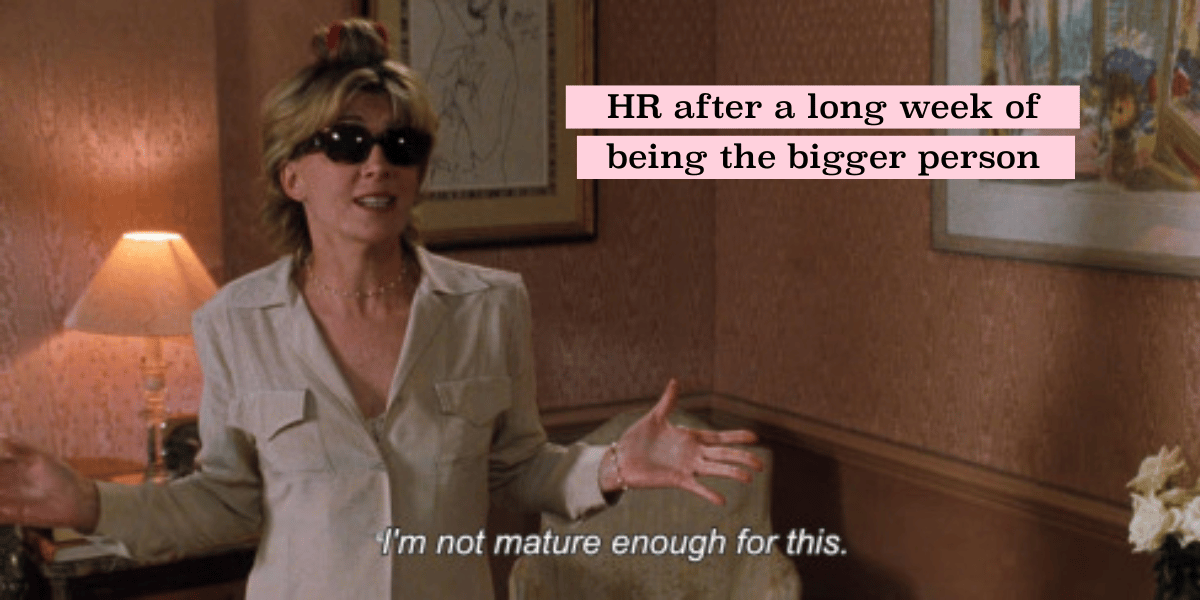- The Yellow Bite
- Posts
- No pattern interrupt = no attention
No pattern interrupt = no attention
Why your first line matters more than your story
friend!
Most of the time, I scroll past content without thinking.
Another carousel.
Another list of tips.
Another polished post that looks like the last ten.
And here’s the truth people do the same thing with your content too.
That used to sting when I first started writing.
I thought if I wrote “good enough” people would care.
I tried to sound professional.
I buried the real story three paragraphs in.
And almost nobody read it.
The shift came when I stopped worrying about being perfect and focused on the first line.
A raw line. An honest line. A line that broke the rhythm of the feed.
The first time I shared that I got fired over Google Meet, it wasn’t polished. It wasn’t clever. It wasn’t even comfortable.
But people stopped. They read. They replied.
Some became clients.
That’s when I realized something I wish I’d known earlier:
If the first line doesn’t interrupt the pattern, the rest of the story doesn’t matter.
It doesn’t matter how much heart you put into it.
It doesn’t matter how strong the lesson is.
It doesn’t matter if it’s the best thing you’ve ever written.
If people don’t stop scrolling, they’ll never see it.
So if you’ve been wondering why your stories aren’t landing… don’t look at the middle. Don’t look at the end.
Look at your first line.
Talk soon,
Stephen
PS: If you’re serious about making your stories work, grab my Love, Learn, Live Storytelling Guide. It’s not another “101 tips” PDF. It’s the exact process I use to turn everyday moments into content that builds trust and drives sales. One reader called it “the most useful $7 I’ve ever spent.” If you want your stories to finally pull weight, this is where to start.
The best HR advice comes from those in the trenches. That’s what this is: real-world HR insights delivered in a newsletter from Hebba Youssef, a Chief People Officer who’s been there. Practical, real strategies with a dash of humor. Because HR shouldn’t be thankless—and you shouldn’t be alone in it.

Reply